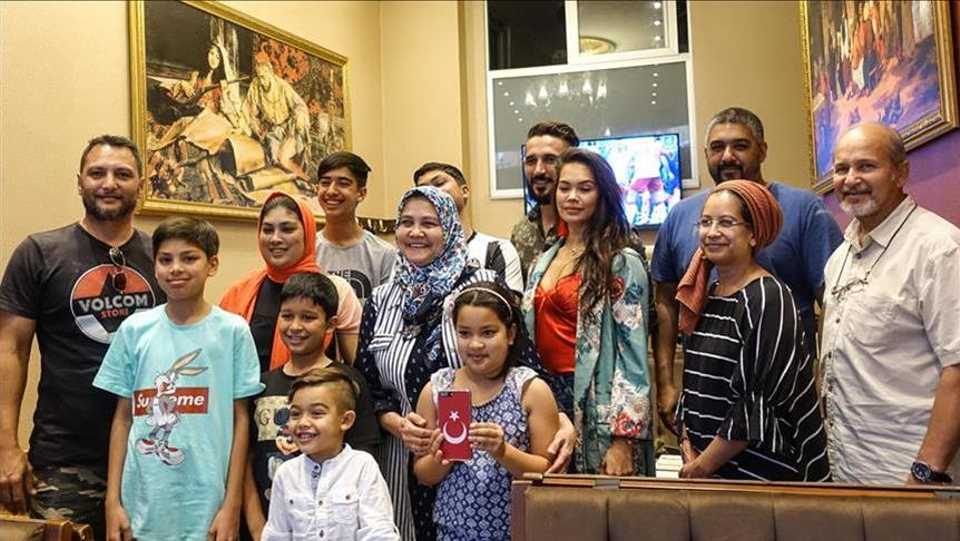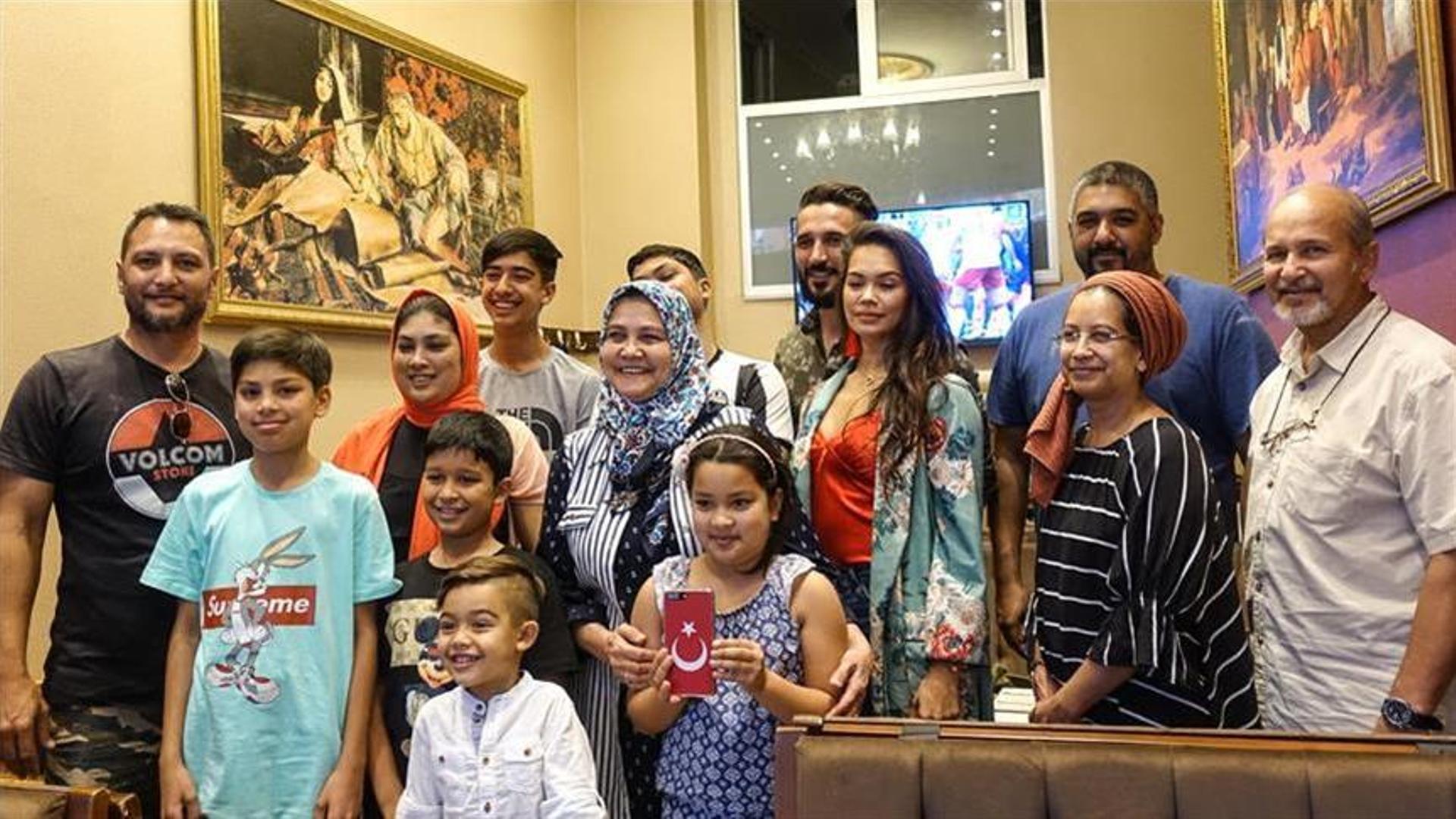
A well-known Ottoman scholar who was sent to South Africa during the nineteenth century is still remembered and revered in the country, said his great-granddaughter, who lives in Cape Town.
Speaking to Anadolu Agency during her visit to Turkey to see places Abu Bakr Effendi lived and worked, Washila Muhammed said her great-grandfather was sent in 1862 to teach Muslims in South Africa.
“He travelled to Cape Town nearly 160 years ago to teach religious knowledge, and he did not return” to Turkey, she said.
She said she was spurred to research more about her great-grandfather after hearing a lecture by a scholar at a university in Cape Town.
Mentioning a school opened by Abu Bakr, she said that it is still serving the community and the mosque where he served as a religious leader is still open.
”In his time he opened a large number of schools and taught thousands of students,” she added.
Scholarly heritage
The scholarly heritage left by Abu Bakr, who was sent to the Cape of Good Hope in 1862 to teach Islam and to solve the religious and social controversies of Muslims during the reign of Sultan Abdulaziz, is still going strong.
He opened the first Islamic girls’ school in South Africa, the Ottoman Theology School, and built mosques in Cape Town, Kimberley, Durban and Port Elizabeth.
Abu Bakr’s legacy can be seen until this day. For instance, his catechism “Beyan-ud Din,” which he wrote in a local African dialect, is considered one of the earliest texts written in an African language, and the book was also the first religious text ever written in the language.
His descendants, who played a significant role in the Ottoman Empire’s religious services in sub-Saharan Africa, have continued to live in South Africa for five generations.










Discussion about this post